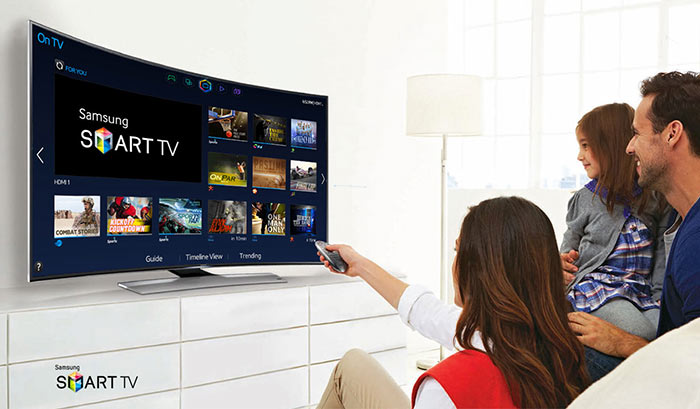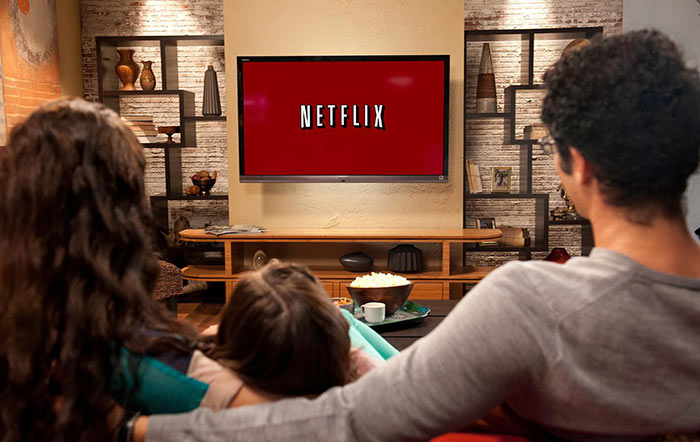Google is currently working on a new video codec called VP10 which is said to offer Ultra HD 4K video delivery using half the bandwidth of VP9 and a quarter of the bandwidth of H.264. Furthermore the codec is claimed to provide sharper images, richer colour and greater dynamic range. Like VP9, Google's VP10 will be free to use, open source software.

Google's VPx codecs are currently the underdogs in widespread industry adoption, against the standards from the Video Coding Experts Group (VCEG) and Moving Picture Experts Group (MPEG). VCEG and MPEG are behind the popular H.264/MPEG-4 (as used by Blu-ray videos and many STBs) and its successor the High Efficiency Video Coding (HEVC)/H.265. However there will be significantly higher patent royalty payments required for using HEVC/H.265, reports CNet. To use HEVC in a device costs from 80 cents for mobile devices, and from $1.50 for TVs plus an extra uncapped fee of 0.5 per cent of all revenue from streaming video. H.264 commanded a flat 20 cents fee.

Matt Frost, head of partnerships for Google's Chrome Media team, told CNet that he thinks the HEVC Advance royalties and fees announcement "has made companies look at a lot of options," especially with the tricky streaming fees burden. It is calculated that a company selling 10 million HEVC-equipped smartphones or smartphone chips would have to pay $2 million to MPEG LA and $8 million to HEVC Advance. Then companies like Netflix would also have to cough up, per subscriber, based upon what was watched per user in a particular month.

Turning back to codec efficiency, VP10 is said to roughly cut in half the bandwidth required by users viewing 4K content (compared to VP9) while maintaining perceptible quality, though Google claims quality is even better. It hopes to meet these performance targets by the end of next year and work with hardware and software partners to bring VP10 to market after that.
Currently VP9 is making headway, being used on YouTube, of course, and with promised support from the likes of Samsung, MediaTek, Nvidia, and Broadcom starting to bear fruit in devices. Meanwhile other industry players like Cisco and Mozilla want to support different royalty-free codec developments because Google controls VPx.













